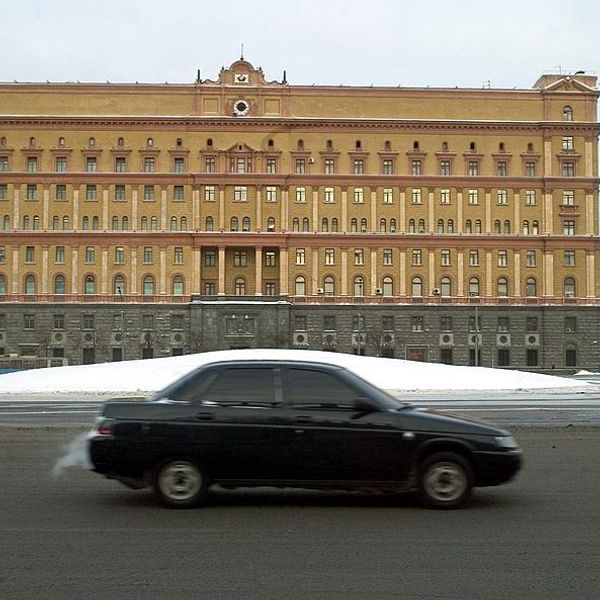Bottom Line Up Front
- The United Kingdom recently announced that it had taken back several children who were living in territory formerly held by the Islamic State.
- Britain has consistently argued against bringing home its citizens who traveled to join the Islamic State and has stripped citizens of citizenship.
- The primary barrier for most European countries is political, not logistic or legal; other countries have implemented policies to successfully bring dozens of children back home from the conflict.
- The international community has a moral obligation to ensure that children have the opportunities to break the cycle of extremism, which can only be accomplished if they are returned to their home countries and cared for.
Late last week, the United Kingdom announced that it had taken back several children, thought to be between ages 7 and 10, who were living in territory in Syria formerly held by the so-called Islamic State. Prime Minister Boris Johnson cautioned against interpreting the return of the children as anything like official policy, instead noting that while the repatriation was indeed a ‘great success,’ it would be ‘over-optimistic to say that we could do it in every single case.’ The truth of the matter is, that the United Kingdom certainly could do it in every single case if that was what London truly wanted. The primary barrier is political, although European countries have argued that they face logistic and legal issues in bringing children back. However, other countries, including Kosovo and Kazakhstan, have already taken the lead in this area, bringing home 70 and 350 children, respectively, back to their countries of origin.
Among European countries, the UK has consistently offered strict rhetoric against bringing home its citizens who traveled to Iraq and Syria to join the Islamic State. Both Priti Patel, the home secretary, and her predecessor Sajid Javid, have pushed back against the idea that British citizens should be brought home from detention camps in Syria. The high-profile case of Shamima Begum involved a girl from East London who left home at 15 to join the Islamic State. Begum was stripped of her citizenship and remains in a detention camp in Syria where she is attempting to appeal her case.
Within the British government, there have been some champions of repatriating children, including the foreign secretary Dominic Raab, who has gone on record to state that he believes it to be ‘the right thing to do.’ The British Home Office, on the other hand, favors potential returnees being assessed on a case by case basis rather than opening the door for a general policy allowing for their return. Hardliners have argued that even children present a security risk to the United Kingdom. There are estimates that approximately 60 children from the United Kingdom still remain in Syria.
The longer that children are forced to suffer through the horrors of detention camps, the more difficult it will be for them to reintegrate into society if and when they are eventually returned home. The trauma experienced during the height of the caliphate is now being exacerbated by the miserable existence that squalid camps like the al-Hol displacement camp inflict upon its inhabits daily. Few would argue that Islamic State militants do not deserve to face justice. On the contrary, foreign fighters should be repatriated and tried before courts of law in their home countries, even as nations like Germany, France, Belgium, and the United Kingdom will face significant challenges in prosecuting them. But the children, either those that were brought to Iraq and Syria or those born there, never had a choice in the matter. The international community must see to it that nation-states take responsibility for these children and ensure that they have the opportunities to break the cycle of radicalization and extremism and to grow as contributing members of their respective societies. To deny them this chance is morally repugnant and will do nothing to keep these societies safe from future threats.











